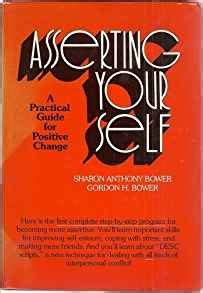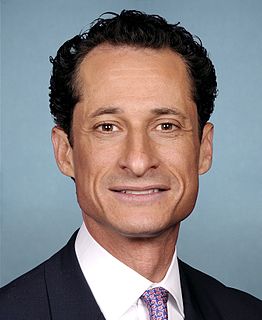A Quote by Adam Davidson
Happiness statistics may be most valuable in smaller, local discussions. Understanding how different sorts of programs affect the well-being of citizens would be enormously helpful to a mayor choosing between building a new bridge or offering a tax cut.
Related Quotes
Texas Republican political leaders take perverse pride in how deeply they have cut our state's education budget. Thousands of teachers have been pulled from classrooms, schools have closed and valuable programs have been canceled. In many places, districts are forced to choose between prekindergarten programs and English, algebra and art.
Well, certainly the Democrats have been arguing to raise the capital gains tax on all Americans. Obama says he wants to do that. That would slow down economic growth. It's not necessarily helpful to the economy. Every time we've cut the capital gains tax, the economy has grown. Whenever we raise the capital gains tax, it's been damaged.
The simple model of a bridge is great, and you could not build a bridge without understanding it well. But if you're actually building the bridge, you need to know the site. A lot of economics is like that: When prices go up, demand is gonna go down. You can't forget that and run your economy. But it's not the only thing you need to know.
Understanding a theory has, indeed, much in common with understanding a human personality. We may know or understand a man's system of dispositions pretty well; that is to say, we may be able to predict how he would act in a number of different situations. But since there are infinitely many possible situations, of infinite variety, a full understanding of a man's dispositions does not seem to be possible.
You know, this dialogue is only helpful when we come, both of us, to a point where we realize that no dialogue is possible, that no dialogue is necessary. When I say understanding or seeing, they mean something different to me. Understanding is a state of being where the question isn't there any more. There is nothing there that says, "Now I understand!" That's the basic difficulty between us. By understanding what I am saying, you are not going to get anywhere.
The people of America are red, white, black, yellow, and all the shades in between. Their eyes are blue, black, and brown, and all the shades in between. Their hair is straight, curly, kinky, and most of it in between. They are tall and short, slim and fat, athletic and anaemic, and most of them in between. They are the different peoples of the world becoming more and more the "in between." They are a people creating a new bridge of mankind in between the past of narrow nationalistic chauvinism and the horizon of a new mankind--a people of the world. Their face is the face of the future.
All those predictions about how much economic growth will be created by this, all of those new jobs, would be created by the things we wanted - the extension of unemployment insurance and middle class tax cuts. An estate tax for millionaires adds exactly zero jobs. A tax cut for billionaires - virtually none.
Perhaps one could appoint three or four professional people specially concerned with the task of bridge building between the majority and the minority. Bridge building of this kind requires an effort from both sides. It's no good if the majority alone do it. The question is whether there is any response, whether people on the other side of the river also wish to try to build a bridge.

































